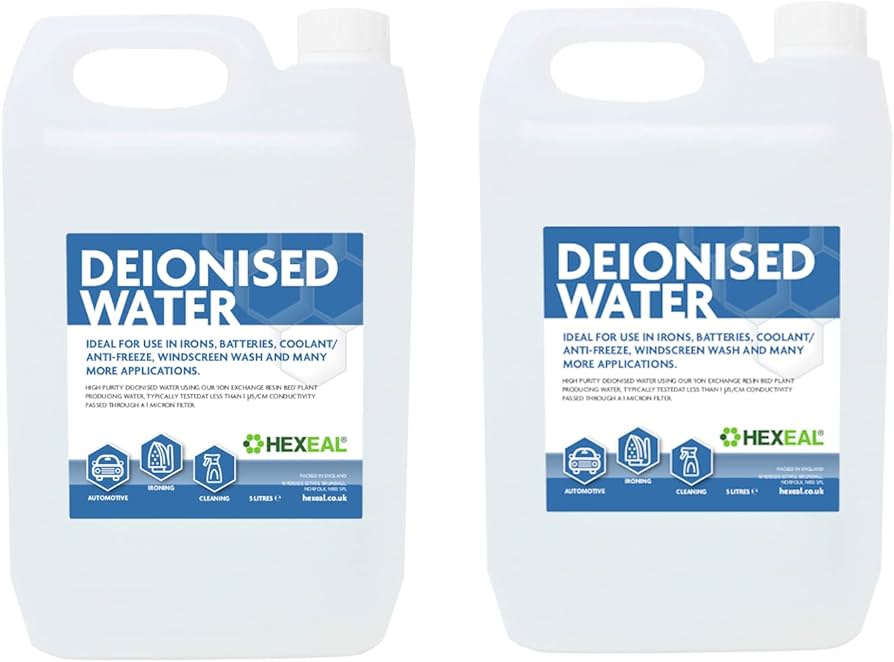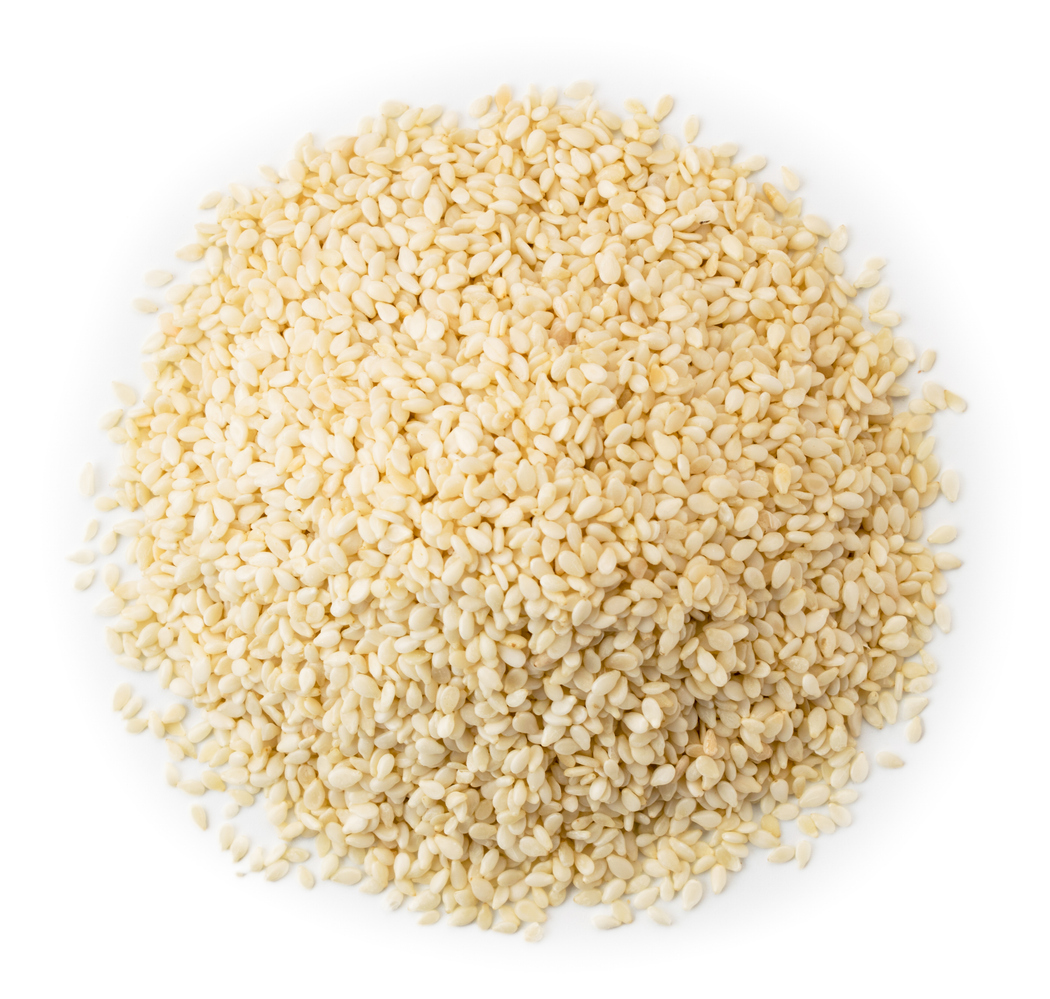The Importance of Deionised Water in Nigeria & Africa: A Closer Look at Wigmore Trading’s Role
The Importance of Deionised Water in Nigeria & Africa: A Closer Look at Wigmore Trading’s Role
Welcome to the fascinating world of deionised water and its significance in Nigeria and Africa! In this blog post, we delve into the crucial role played by Wigmore Trading in ensuring the availability of high-quality deionised water across these regions. From pharmaceutical industries to research laboratories, understanding the importance of this purified form of water is imperative for a multitude of sectors. Join us as we explore how Wigmore Trading has become a trusted provider, bridging the gap between demand and supply while revolutionizing industries through their unwavering commitment. Get ready to dive into an enlightening journey uncovering why deionised water is an indispensable asset for success in Nigeria & Africa!
Introduction to Deionised Water and its importance in various industries
Introduction to Deionised Water:
Deionised water, also known as demineralized water or DI water, is a type of purified water that has had all of its mineral ions removed through a process called ion exchange. This involves passing the water through special resins that attract and remove the charged particles, leaving behind pure H2O molecules.
Importance in Various Industries:
Deionised water plays a crucial role in various industries such as pharmaceuticals, cosmetics, food and beverage production, electronics manufacturing, and laboratory research. Its high purity makes it an essential ingredient in these industries where any impurities can affect the final product’s quality.
1. Pharmaceuticals:
In pharmaceutical manufacturing, deionised water is used for drug formulation and preparation. It is necessary to use pure water to ensure that the drugs are safe for consumption and free from any contaminants.
2. Cosmetics:
Similarly, in the cosmetics industry, deionised water is used in the production of skincare and haircare products. It helps to maintain the stability and effectiveness of active ingredients while providing a clean base for formulations.
3. Food and Beverage Production:
Deionised water is also widely used in food and beverage production processes such as brewing beer or bottling soft drinks. The absence of minerals ensures that there are no unwanted flavors or odors added to the products during production.
4. Electronics Manufacturing:
In electronics manufacturing, deionised water is used for cleaning electronic components such as circuit boards or computer chips.
Understanding the process of deionisation and how it differs from other types of water purification
Deionisation, also known as demineralisation, is a water purification process that removes mineral ions from water. This is achieved by passing the water through special resins that exchange mineral ions for hydrogen and hydroxyl ions, resulting in deionised or demineralised water.
Compared to other types of water purification methods such as filtration or reverse osmosis, deionisation offers unique benefits and advantages. In this section, we will delve deeper into the process of deionisation and explore how it differs from other methods of water purification.
The Process of Deionisation
Deionisation involves two main steps: cation exchange and anion exchange. In the cation exchange step, positively charged mineral ions are removed from the water by passing it through a resin containing negatively charged functional groups. These functional groups attract and hold onto the positively charged ions while releasing hydrogen ions into the water.
In the anion exchange step, negatively charged mineral ions are removed by passing the water through another resin with positively charged functional groups. These functional groups attract and hold onto the negatively charged ions while releasing hydroxyl ions into the water.
This results in highly pure deionised water with a neutral pH level. However, it is important to note that deionised water may still contain some organic contaminants such as bacteria or viruses which can be eliminated through additional treatment processes like ultraviolet (UV) sterilization.
The role of Wigmore Trading in producing and supplying Deionised Water in Nigeria and Africa
Deionised water, also known as demineralized water, is a key component in various industries such as pharmaceuticals, cosmetics, electronics, and food processing. It is essentially pure water that has had all its mineral ions removed through a process called deionization. In Nigeria and Africa as a whole, the demand for deionised water has been steadily increasing due to industrial growth and stricter quality standards.
Wigmore Trading is a leading supplier of deionised water in Nigeria and other African countries. The company has been at the forefront of providing high-quality deionised water to meet the growing demands of industries across the region.
One of Wigmore Trading’s primary roles in producing deionised water is through their state-of-the-art production facilities. The company utilizes advanced technology and equipment to produce deionised water that meets international purity standards. Their production process involves several stages including pre-filtration, reverse osmosis, ion exchange, and polishing filtration to ensure the complete removal of impurities from the water.
In addition to their production capabilities, Wigmore Trading also plays a crucial role in sourcing raw materials for their deionisation process. They have established partnerships with reputable suppliers of high-grade resins used in ion exchange to ensure consistent quality output.
Moreover, Wigmore Trading’s extensive distribution network enables them to supply deionised water not only in major cities but also in remote areas across Nigeria and Africa.
Benefits of using Deionised Water in different industries such as healthcare, pharmaceuticals, and manufacturing
Deionised water, also known as demineralized water, is a type of purified water that has had all its mineral ions removed through the process of deionization. This means that it contains no dissolved minerals or salts, making it highly pure and free from impurities. Due to its unique properties, deionised water offers many benefits when used in various industries such as healthcare, pharmaceuticals, and manufacturing. In this section, we will explore the different advantages of using deionised water in these sectors.
1. Healthcare Industry:
In the healthcare industry, deionised water plays a crucial role in maintaining high standards of hygiene and sanitation. It is commonly used for sterilizing medical equipment and instruments due to its purity. Deionised water is also essential for preparing medication solutions and intravenous fluids as it ensures that there are no impurities present that could potentially harm patients.
Moreover, deionised water is safe for use on human skin without causing any irritation or adverse reactions. This makes it ideal for use in wound cleansing solutions and contact lens cleaning solutions. The absence of minerals in deionised water also prevents the buildup of residue on medical equipment and devices, thus increasing their longevity.
2. Pharmaceutical Industry:
The pharmaceutical industry requires strict adherence to quality standards to ensure the safety and efficacy of medications produced. Deionised water plays a significant role in this sector by providing a reliable source of pure water for drug formulation processes.
Case studies and success stories of businesses using Deionised Water from Wigmore Trading
Deionised water, also known as demineralised water, is a highly purified form of water that has had all of its mineral ions removed. This process removes impurities and contaminants, making it an ideal choice for various industrial and commercial applications. One company that has been at the forefront of providing deionised water in Nigeria and Africa is Wigmore Trading.
Wigmore Trading has been supplying high-quality deionised water to businesses across Nigeria and Africa for several years now. Their commitment to quality, reliability, and customer satisfaction has made them a go-to supplier for many industries. Let’s take a closer look at some case studies and success stories of businesses that have used deionised water from Wigmore Trading.
1. Pharmaceutical Industry:
The pharmaceutical industry requires high-purity water for various processes such as drug manufacturing, research, and development. Any impurities in the water can affect the quality and safety of the drugs produced. This is where deionised water from Wigmore Trading comes in.
A leading pharmaceutical company in Nigeria was facing issues with their current supplier of deionised water due to inconsistent quality levels. This led to delays in production timelines and increased costs due to rejections of batches by regulatory authorities. They switched to Wigmore Trading for their deionised water supply needs, and the results were remarkable.
Challenges faced by Wigmore Trading
Wigmore Trading, a leading supplier of deionised water in Nigeria and Africa, plays a crucial role in providing high-quality water for various industries. However, like any other business, they also face their fair share of challenges in fulfilling this important task.
1. Supply Chain Management: One of the main challenges faced by Wigmore Trading is managing the supply chain effectively. As deionised water is not readily available in most parts of Nigeria and Africa, the company has to source it from different locations. This requires careful planning and coordination to ensure that there is no disruption in the supply chain.
2. Infrastructure Limitations: Building and maintaining the necessary infrastructure for producing and distributing deionised water can be quite challenging in some areas of Nigeria and Africa. Poor road conditions, lack of proper storage facilities, and inadequate power supply are some common obstacles faced by Wigmore Trading. These limitations not only increase operational costs but also affect the timely delivery of products.
3. Quality Control: Maintaining high standards of quality is crucial for any company dealing with water purification products. However, ensuring consistent quality can be a challenge due to variations in raw materials used for production or changes in the manufacturing process itself. Wigmore Trading overcomes this challenge by implementing stringent quality control measures at every stage of production.






Comments are closed.